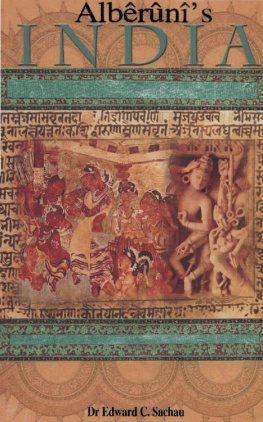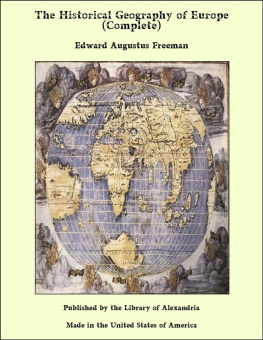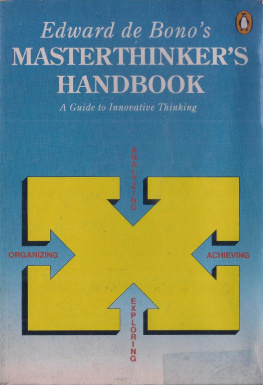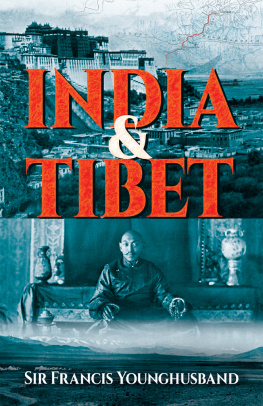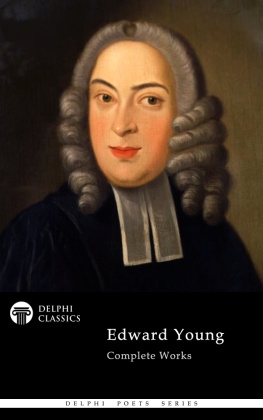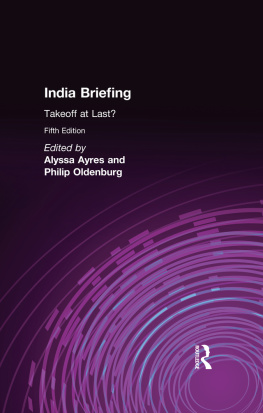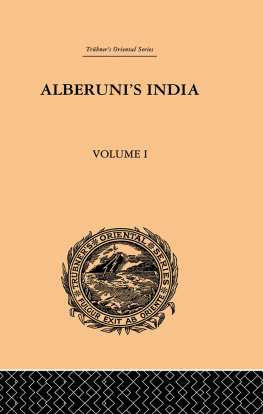ALBRNS INDIA
ALBRNS INDIA
An Account of the Religion, Philosophy, Literature, Geography, Chronology, Astronomy, Customs, Laws and Astrology of India about A.D. 1030
DR. EDWARD C. SACHAU
Concept & Typeset Copyright Rupa & Co. 2002
First Published by TRBNER & Co. Ludgate Hill 1888
First Published 2002
Sixth Impression 2009
Published by
7/16, Ansari Road, Daryaganj,
New Delhi 110 002
All rights reserved.
No part of this publication may be reproduced, stored in a retrieval system, or transmitted, in any form or by any means, electronic, mechanical, photocopying, recording or otherwise, without the prior permission of the publishers.
Typeset by
Mindways Design
1410 Chiranjiv Tower
43 Nehru Place
New Delhi 110 019
Table of Contents
Preface
I
The literary history of the East represents the court of King Mamd at Ghazna, the leading monarch of Asiatic history between A.D. 997-1030, as having been a centre of literature, and of poetry in particular. There were four hundred poets chanting in his halls and gardens, at their head famous Unsur, invested with the recently created dignity of a poet-laureate, who by his verdict opened the way to royal favour for rising talents; there was grand Firdaus composing his heroic epos by the special orders of the king, with many more kindred spirits. Unfortunately history knows very little of all this, save the fact that Persian poets flocked together in Ghazna, trying their kasdas on the king, his ministers and generals. History paints Mahmd as a successful warrior, but ignores him as a Mcenas. With the sole exception of the lucubrations of bombastic Utb, all contemporary records, the Makmt of Ab- Nar Mishkn, the abak t of his secretary Baihak, the chronicles of Mull Muammad Ghaznavi, Mamd Warrk, and others, have perished, or not yet come to light, and the attempts at a literary history dating from a time 300-400 years later, the so-called Tadhkiras, weigh very light in the scale of matter-of-fact examination, failing almost invariably whenever they are applied to for information on some detail of ancient Persian literature. However this may be, Unsur, the panegyrist, does not seem to have missed the sun of royal favour, whilst Firdaus, immortal Firdaus, had to fly in disguise to evade the doom of being trampled to death by elephants. Attracted by the rising fortune of the young emperor, he seems to have repaired to his court only a year after his enthronisation, i.e. A.D. 998. But when he had finished his Shhnma, and found himself disappointed in his hopes for reward, he flung at him his famous satire, and fled into peaceless exile (A.D. 1010). In the case of the king versus the poet the king has lost. As long as Firdaus retains the place of honour accorded to him in the history of the worlds mental achievements, the stigma will cling to the name of Mamd, that he who hoarded up perhaps more worldly treasures than were ever hoarded up, did not know how to honour a poet destined for immortality.
And how did the author of this work, as remarkable among the prose compositions of the East as the Shhnma in poetry, fare with the royal Mcenas of Ghazna?
Alberuni, or, as his compatriots called him, Ab Rain, was born A.D. 973, in the territory of modern Khiva, then called Khwrizm, or Chorasmia in antiquity. Early distinguishing himself in science and literature, he played a political part as councilor of the ruling prince of his native country of the Mamn family. The counsels he gave do not seem always to have suited the plans of King Mamd at Ghazna, who was looking out for a pretext for interfering in the affairs of independent Khiva, although its rulers were his own near relatives. This pretext was furnished by a military meute.
Mamd marched into the country, not without some fighting, established there one of his generals as provincial governor, and soon returned to Ghazna with much booty and a great part of the Khiva troops, together with the princes of the deposed family of Mamn and the leading men of the country as prisoners of war or as hostages. Among the last was Ab-Rain Muammad Ibu Ahmad Alberuni.
This happened in the spring and summer of A.D. 1017. The Chorasmian princes were sent to distant fortresses as prisoners of state, the Chorasmian soldiers were incorporated in Maamds Indian army; and Alberuniwhat treatment did he experience at Ghazna? From the very outset it is not likely that both the king and his chancellor, Amad Ibn Hasan Maimand, should have accorded special favours to a man whom they knew to have been their political antagonist for years. The latter, the same man who had been the cause of the tragic catastrophe in the life of Firdaus, was in office under Mamd from A.D. 1007-1025, and a second time under his son and successor, Masd, from 1030-1033. There is nothing to tell us that Alberuni was ever in the service of the state or court in Ghazna. A friend of his and companion of his exile, the Christian philosopher and physician from Bagdad, Abulkhair Alkhammr, seems to have practised in Ghazna his medical profession. Alberuni probably enjoyed the reputation of a great munajjim, i.e. astrologer-astronomer, and perhaps it was in this quality that he had relations to the court and its head, as Tycho de Brahe to the Emperor Rudolf. When writing the

thirteen years after his involuntary immigration to Afghanistan, he was a master of astrology, both according to the Greek and the Hindu system, and indeed Eastern writers of later centuries seem to consider him as having been the court astrologer of King Mamd. In a book written five hundred years later (v. Chrestomathie Perscme, &c., par Ch. Schefer, Paris, 1883, i.p. 107 of the Persian text), there is a story of a practical joke which Mamd played on Alberuni as an astrologer. Whether this be historic truth or a late invention, anyhow the story does not throw much light on the authors situation in a period of his life which is the most interesting to us, that one, namely, when he commenced to study India, Sanskrit and Sanskrit literature.
Historic tradition failing us, we are reduced to a single source of informationthe authors workand must examine to what degree his personal relations are indicated by his own words. When he wrote, King Mamd had been dead only a few weeks. Le roi est mort but to whom was Vive le roi to be addressed?
Two heirs claimed the throne, Muammad and Masd, and were marching against each other to settle their claims by the sword. Under these circumstances it comes out as a characteristic fact that the book has no dedication whatever, either to the memory of Mamd, or to one of the rival princes, or to any of the indifferent or non-political princes of the royal house. As a cautious politician, he awaited the issue of the contest; but when the dice had been thrown, and Masd was firmly established on the throne of his father, he at once hastened to dedicate to him the greatest work of his life, the Canon Masudicus. If he had been affected by any feeling of sincere gratitude, he might have erected in the

a monument to the memory of the dead king, under whose rule he had made the necessary preparatory studies, and might have praised him as the great propagator of Islam, without probably incurring any risk. He has not done so, and the terms in which he speaks of Mamd throughout his book are not such as a man would use when speaking of a deceased person who had been his benefactor.


 thirteen years after his involuntary immigration to Afghanistan, he was a master of astrology, both according to the Greek and the Hindu system, and indeed Eastern writers of later centuries seem to consider him as having been the court astrologer of King Mamd. In a book written five hundred years later (v. Chrestomathie Perscme, &c., par Ch. Schefer, Paris, 1883, i.p. 107 of the Persian text), there is a story of a practical joke which Mamd played on Alberuni as an astrologer. Whether this be historic truth or a late invention, anyhow the story does not throw much light on the authors situation in a period of his life which is the most interesting to us, that one, namely, when he commenced to study India, Sanskrit and Sanskrit literature.
thirteen years after his involuntary immigration to Afghanistan, he was a master of astrology, both according to the Greek and the Hindu system, and indeed Eastern writers of later centuries seem to consider him as having been the court astrologer of King Mamd. In a book written five hundred years later (v. Chrestomathie Perscme, &c., par Ch. Schefer, Paris, 1883, i.p. 107 of the Persian text), there is a story of a practical joke which Mamd played on Alberuni as an astrologer. Whether this be historic truth or a late invention, anyhow the story does not throw much light on the authors situation in a period of his life which is the most interesting to us, that one, namely, when he commenced to study India, Sanskrit and Sanskrit literature. a monument to the memory of the dead king, under whose rule he had made the necessary preparatory studies, and might have praised him as the great propagator of Islam, without probably incurring any risk. He has not done so, and the terms in which he speaks of Mamd throughout his book are not such as a man would use when speaking of a deceased person who had been his benefactor.
a monument to the memory of the dead king, under whose rule he had made the necessary preparatory studies, and might have praised him as the great propagator of Islam, without probably incurring any risk. He has not done so, and the terms in which he speaks of Mamd throughout his book are not such as a man would use when speaking of a deceased person who had been his benefactor.
